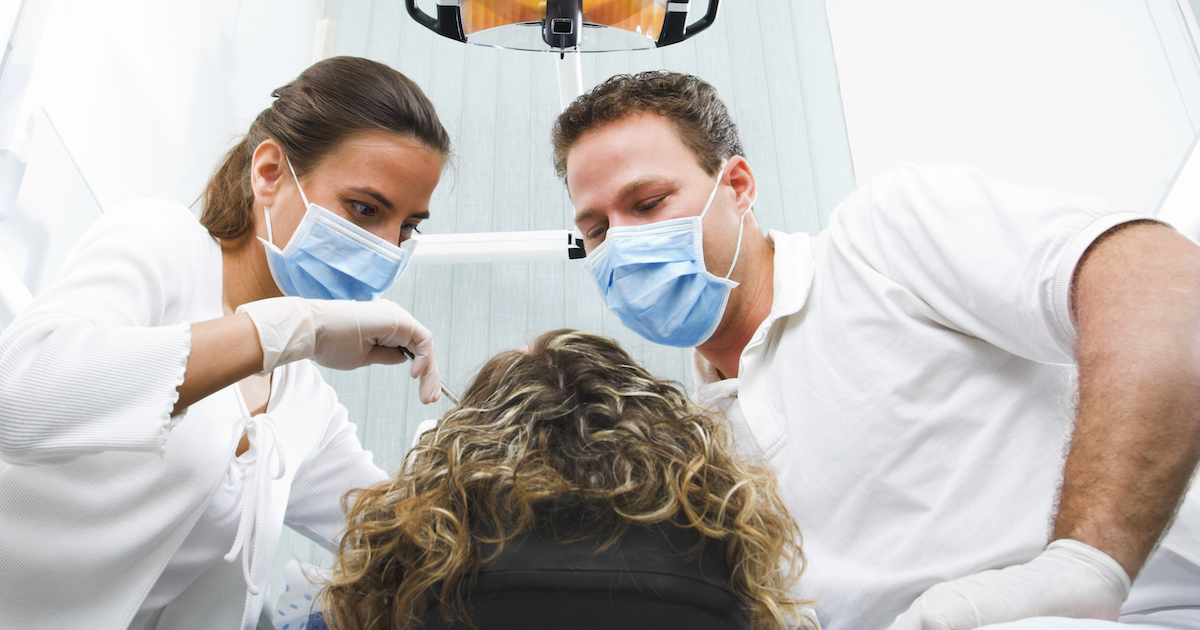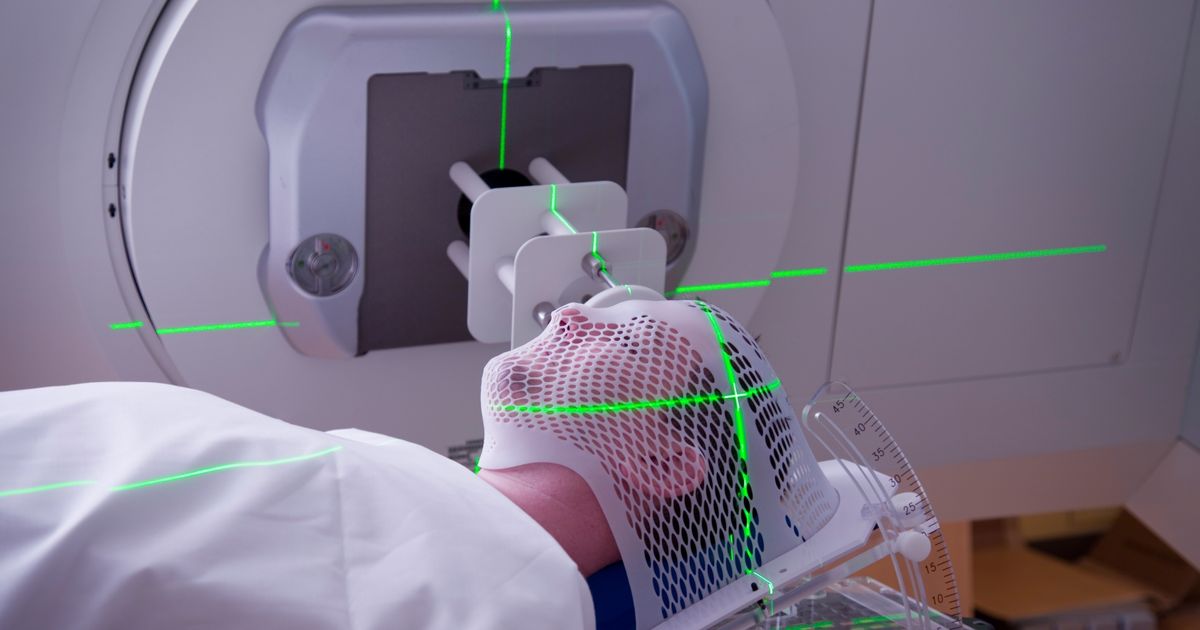Risk Factors For Aspiration Pneumonia
Head And Neck Radiation Therapy
Individuals who have cancers of the head and neck often receive radiation therapy as part of their treatments. Although this can save lives, it also can lead to increased risk of aspiration pneumonia.
The body uses a series of sphincters to keep food and water from being inhaled rather than swallowed. Radiation can leave burns that damage the tissues of the mouth, trachea, and esophagus, which sometimes leaves these sphincters less functional. Because of damage to tissues, many individuals do not realize they are inhaling small amounts of food and fluid until they become ill. As a result, head and neck radiation therapy will dramatically increase an individual's risk of developing aspiration pneumonia.
Discover more ways the risk of aspiration pneumonia increases now.
Dental Issues

Seniors are at higher risk of aspiration. As a result, aspiration pneumonia is most often seen in residents of nursing homes and other facilities that serve the elderly. However, brushing teeth and other hygiene measures have been shown to reduce aspiration pneumonia risk even in these high-risk groups.
Individuals with cavities, missing teeth, and other dental issues also may not chew few well, leaving them at high risk of inhaling food. In addition, rotten teeth and gingivitis are infectious so they have lots of bacteria in their mouth. Thus, when they inhale a small amount of food or saliva, they are infusing their lungs with bacteria that cause infection.
Read more about the risk factors for aspiration pneumonia now.
